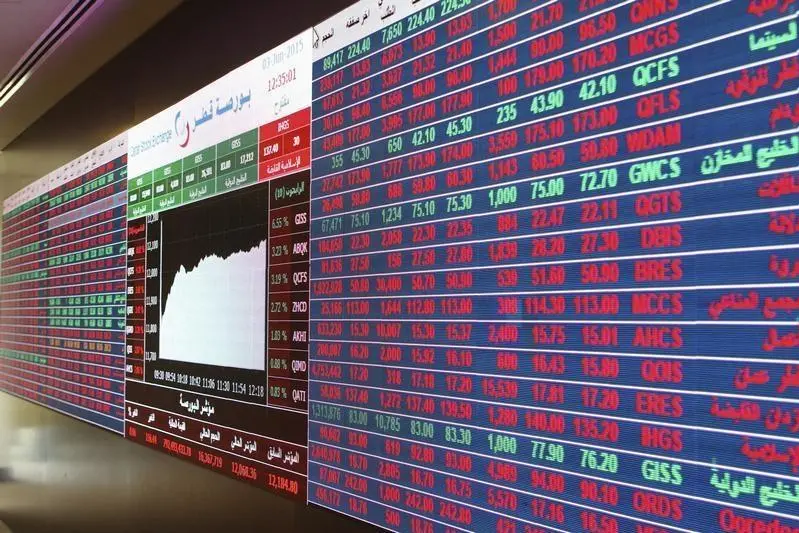PHOTO
Major Gulf stock markets ended higher on Wednesday amid rising oil prices on revised oil demand forecasts, while Egypt was hit by a blue-chip sell-off.
The International Energy Agency (IEA) predicted global oil demand and supply would rebalance in the second half of the year and that producers may then need to pump an additional 2 million barrels per day to meet the expected demand.
Brent crude futures rose $1.01, or 1.59%, to $64.68 a barrel by 1241 GMT.
The movement in oil prices is a key catalyst for the Gulf region's financial markets.
Saudi Arabia's benchmark index reversed earlier losses to close 0.1% higher, supported by a 0.8% increase in Al Rajhi Bank 1120.SE and a 2% rise in Riyad Bank.
However, the index's gains were limited by losses at petrochemical firm Saudi Basic Industries and Almarai Company, the Gulf's largest dairy company, as the duo went ex-dividend.
In Dubai, the main share index edged up 0.2%, supported by a 2.2% gain in its top lender Emirates NBD.
The Abu Dhabi index added 0.3%, with First Abu Dhabi Bank, the United Arab Emirates' biggest lender, rising 0.7%, while Abu Dhabi Commercial Bank finished 1% higher.
Separately, Lunar exploration company ispace will transport a United Arab Emirates rover to the moon in 2022, the company said on Wednesday, as the UAE pushes for rapid expansion in the space exploration business to diversify its economy.
The UAE launched a National Space Programme in 2017 to develop local expertise. Its population of 9.4 million, most of whom are foreign workers, lacks the scientific and industrial base of the major countries that have space programmes.
In Qatar, the benchmark advanced 1.2%, ending two sessions of losses, led by a 2.7% rise in Qatar Islamic Bank.
Outside the Gulf, Egypt's blue-chip index retreated 1.9%, with 29 out of 30 stocks on the index declining.
Exchange data showed Egyptian investors were net sellers of the stocks.
(Reporting by Ateeq Shariff in Bengaluru) ((AteeqUr.Shariff@thomsonreuters.com; +918061822788;))





















